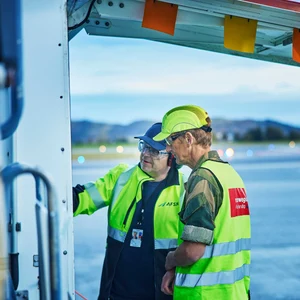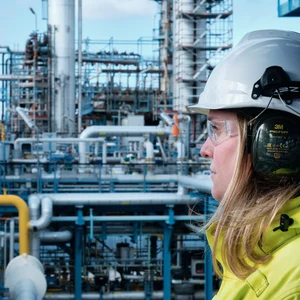Stories
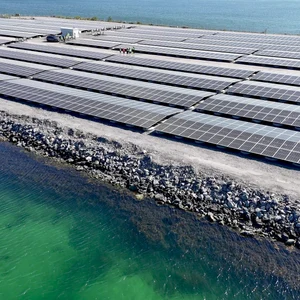
A Bright Milestone: St1 Switches On Its First Solar Park at Risholmen

Curiosity, courage, and constant pursuit of challenges: Joachim Elm's energy transition journey
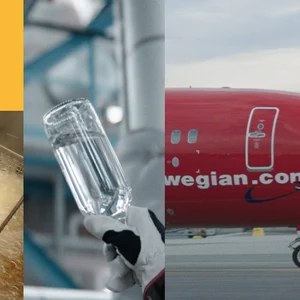
From waste to wonder: How circular supply chains are reshaping energy
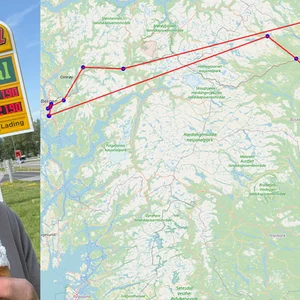
Inside St1: A summer tour of our stations

Developing St1 App with a customer-centric approach

St1 secures agreement for infrastructure in major CO₂ capture and storage project
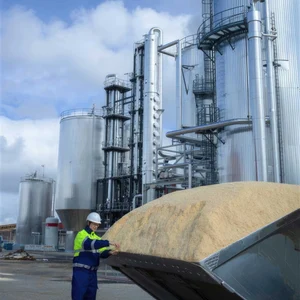
The dismantling of St1’s bioethanol production plant has begun – lessons applied to new projects
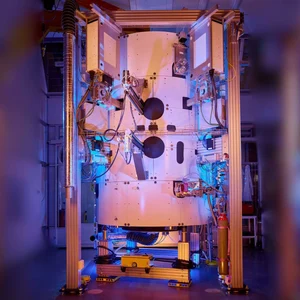
Driving progress through collaboration
